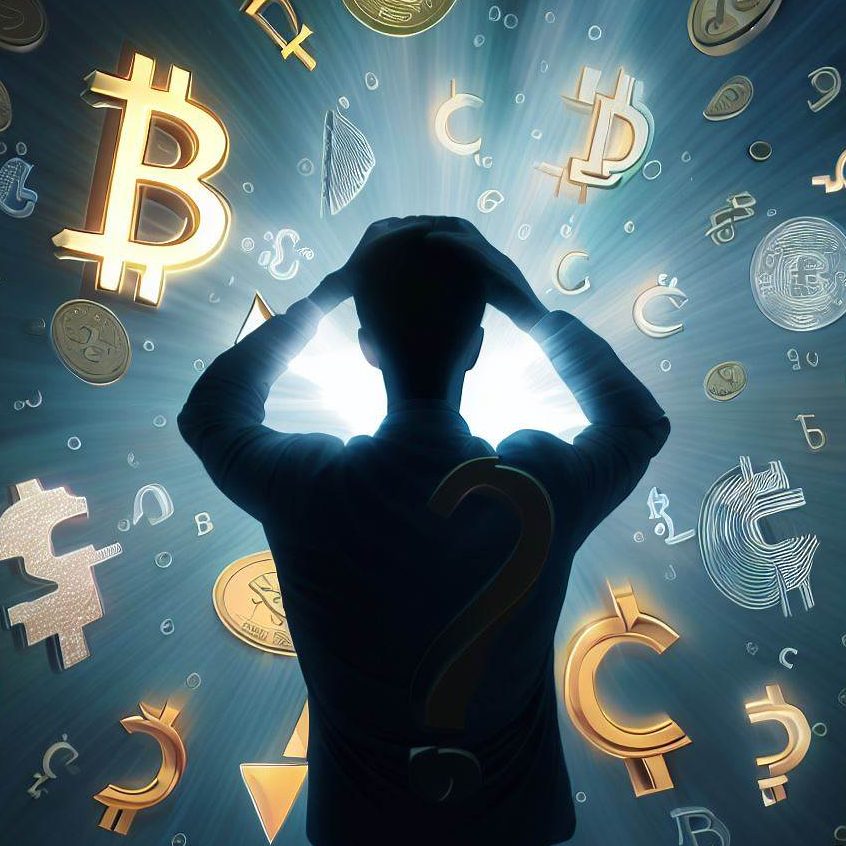The US crypto industry is facing more uncertainty and confusion after two federal judges issued contradictory rulings on whether digital assets are securities that need to comply with the same rules as traditional financial products. The rulings, which involved two different crypto companies, Ripple Labs and Terraform Labs, could have significant implications for the future of crypto regulation in the US.
The first ruling was issued by US District Judge Analisa Torres on July 15, 2023, in a case between the US Securities and Exchange Commission (SEC) and Ripple Labs, the issuer of XRP, the fourth-largest cryptocurrency by market capitalization. The SEC accused Ripple of raising more than $1.3 billion through an unregistered and ongoing securities offering of XRP. Ripple argued that XRP is not a security, but a digital currency that is used for cross-border payments and other functions.
In her ruling, Judge Torres found that Ripple’s XRP sales to institutional investors were securities. In contrast, she ruled that the company’s programmatic sales on digital exchanges were not securities. She based her decision on the fact that the institutional sales involved contracts that gave investors certain rights and expectations, while the programmatic sales did not. She also said that the programmatic sales did not affect the price or value of XRP, which was determined by market forces.

The second ruling was issued by US District Judge Jed Rakoff on July 31, 2023, in a case between the SEC and Terraform Labs and its founder Do Kwon, the issuers of LUNA, a cryptocurrency that is used to power a decentralized platform for stablecoins and other applications. The SEC alleged that Terraform Labs and Kwon raised more than $150 million through an unregistered securities offering of LUNA and other tokens. Terraform Labs and Kwon denied that LUNA and other tokens are securities, but rather utility tokens that are used for various purposes on their platform.
In his ruling, Judge Rakoff rejected the distinction made by Judge Torres between public and institutional sales. He said that there is no difference between selling digital assets to the public or to institutional investors, as both are subject to the same securities laws. He also said that the price and value of digital assets are influenced by both supply and demand factors, as well as by the actions and statements of the issuers.
Judge Rakoff’s decision does not overturn Judge Torres’s ruling, but it adds more confusion and inconsistency to the regulatory landscape for crypto assets in the US. The SEC has been pursuing several cases against crypto companies, claiming that most digital assets are securities that should follow the same regulations as stocks and bonds. However, the crypto industry has been arguing that cryptocurrencies are a new kind of digital asset that require bespoke rules and regulations, rather than being shoehorned into existing frameworks.
The outcome of these cases could have a major impact on the innovation and growth of the crypto sector in the US, as well as on the rights and interests of millions of crypto users and investors. The crypto industry is hoping for more clarity and certainty from the courts or from Congress, which could provide more guidance and legislation on how to regulate crypto assets in a fair and balanced way.
